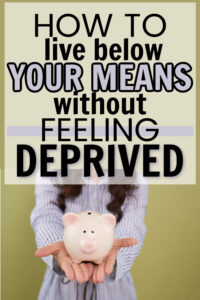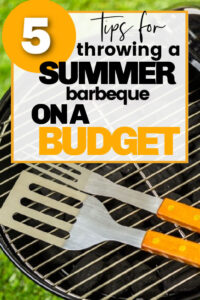
For most people, having a mortgage payment is just a fact of life. But, think of what you could do with your money if you could eliminate that debt earlier!
Here are 7 tips on paying off your mortgage early
Add extra money to your payments
Even if you can only add an extra $10 extra towards your principal, try to add any extra money that you can onto your mortgage payment. You can use a mortgage calculator to see what the effects are to the payoff date by adding extra money to your payment.
Be sure to check with your mortgage company to see if you have a prepayment penalty first. Also, check to see how they apply any extra payments. You want it to go towards the principal rather than just extending the due date of your mortgage payment.
Make Biweekly Payments
If you pay half your mortgage every 2 weeks, you'll end up making an extra payment every year. Check with your bank to see if you can pay every 2 weeks. If not, don't pay a marketing company to set it up for you. You can either just pay 1/12th of your payment extra each month to get the same effect or just make one extra payment per year.
Use any raises or bonuses to pay extra towards your mortgage
If you get a raise, rather than raise your standard of living expenses, add that money towards your mortgage payment. You won't even miss it!
Cut expenses and put the savings toward your mortgage payment
If you are really focused on paying off your mortgage early, you can make sacrifices on optional expenses (like cable, movies, eating out, etc.) and apply those savings towards your mortgage payment.
Consider getting a 15 year mortgage rather than a 30 year mortgage
Compare the payments for both mortgages and decide if you can swing the payments for the 15 year mortgage. If you can, you'll have your mortgage paid off in half the time!
If you don't want to refinance your mortgage, use a mortgage calculator to see what the payment would be for a 15 year mortgage and make payments like it's a 15 year mortgage.
Refinance your mortgage
If you have a higher interest rate mortgage, check out the current interest rates to see how much you could save by refinancing. You'll need to weigh any cost savings against any closing costs that you'll have to pay to see if it's worth the expense.
Consider downsizing your home
This one is definitely more difficult, but if you can barely afford your mortgage payment each month, you can sell your house and buy a cheaper home (and then pay extra on that mortgage). Or, if you have lots of equity in your larger home, you can apply that equity towards the new mortgage - possibly even paying for it with cash (depending upon the available equity).
Some items of note:
- Make sure you have a full emergency fund (3 to 6 months of living expenses) before you pay extra on the mortgage since any extra you pay towards your mortgage will not be available funds for a crisis (and you'll still have to pay your monthly mortgage payment even if you've paid extra in the past if you haven't completely paid it off).
- If you have any additional debt (especially with a higher interest rate), be sure to pay that off first before you make extra mortgage payments.
- Make sure you have a healthy college and retirement savings before you pay extra. Paying of the mortgage early should be your last debt that you pay off.




















julie@frugallyblonde.com says
I love the idea of getting a 15 year mortgage instead of a 30. We pay more each month and have refinanced once. It is amazing what paying a little more each month makes.
Katelin says
Thanks for sharing! My husband and I are focused on paying off our mortgage as soon as possible by trying to make extra payments on the principle each month. We also did a 15-year loan as opposed to a 30-year. Looking forward to the day when it is fully paid and we are again debt free. I'm excited for the years when we will not have to pay the largest expensive each month and can instead use that money for things such as travel.